Stories from the Field
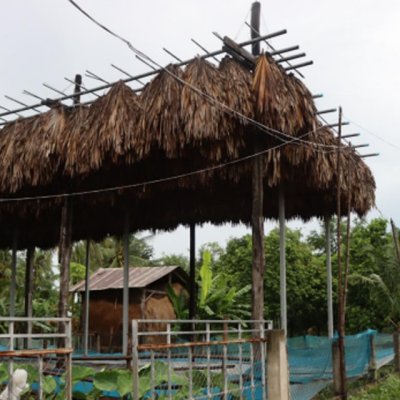
Strengthening Capacity for Spillover Prevention from Bats to Humans in Cambodia
The STOP Spillover Cambodia Country Team has created a Syndromic and Active Surveillance team to bring surveillance capacity to the point where spillovers may occur and sample across human, animal, and environmental domains in real time, creating the conditions to detect a zoonotic coronavirus spillover should it occur in the community. Read more ›
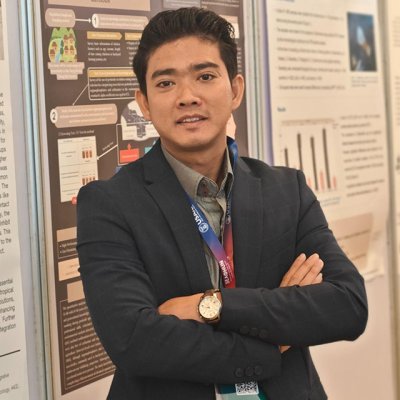
The recent SEAOHUN conference held in Chiang Mai, Thailand provided an opportunity for One Health researchers in the region to share their work and findings and raise awareness about the One Health approach. Read more ›
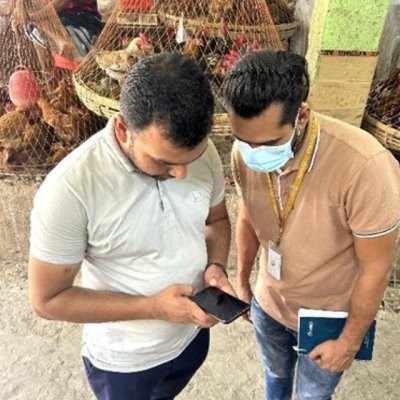
The STOP Spillover Bangladesh Country Team has developed an app that enables live bird market (LBM) workers and customers to notify health authorities about dead poultry and wild/pet birds and influenza-like illness among LBM workers. Read more ›
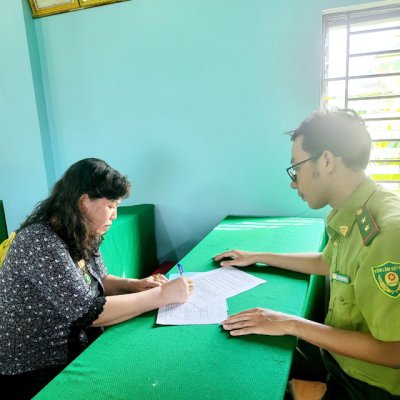
The STOP Spillover Viet Nam Country Team pilots a biosafety-biosecurity certification program for wildlife farmers in Dong Nai province. Read more ›
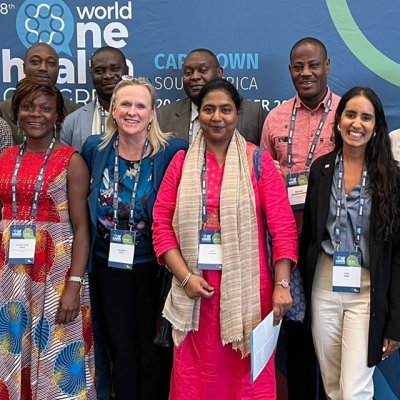
STOP Spillover at the World One Health Congress 2024
STOP Spillover presented its recent research and findings at the 2024 World One Health Congress (WOHC). Read more ›

STOP Spillover Presentations Featured at Global Health Security Conference
The third Global Health Security Conference featured presentations and posters from STOP Spillover’s Bangladesh, Cambodia, Côte d’Ivoire, Liberia, and Sierra Leone Country Teams. Read more ›
The Côte d'Ivoire STOP Spillover team held a stakeholder meeting to build consensus on a roadmap for strengthening multisectoral surveillance and risk monitoring of zoonotic diseases at the human-animal-environment interface. Read more ›
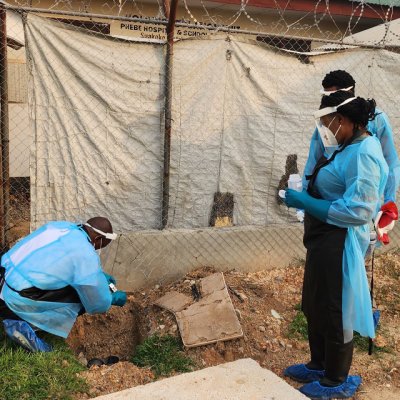
The STOP Spillover Liberia Country Team launched a wastewater surveillance initiative at two hospitals with specialized Lassa fever isolation wards to strengthen surveillance for Lassa virus in Liberia. Read more ›